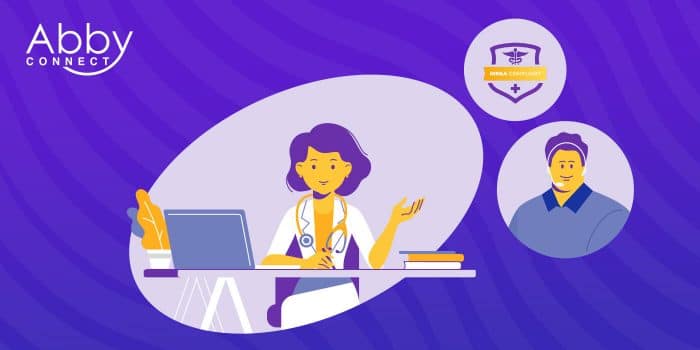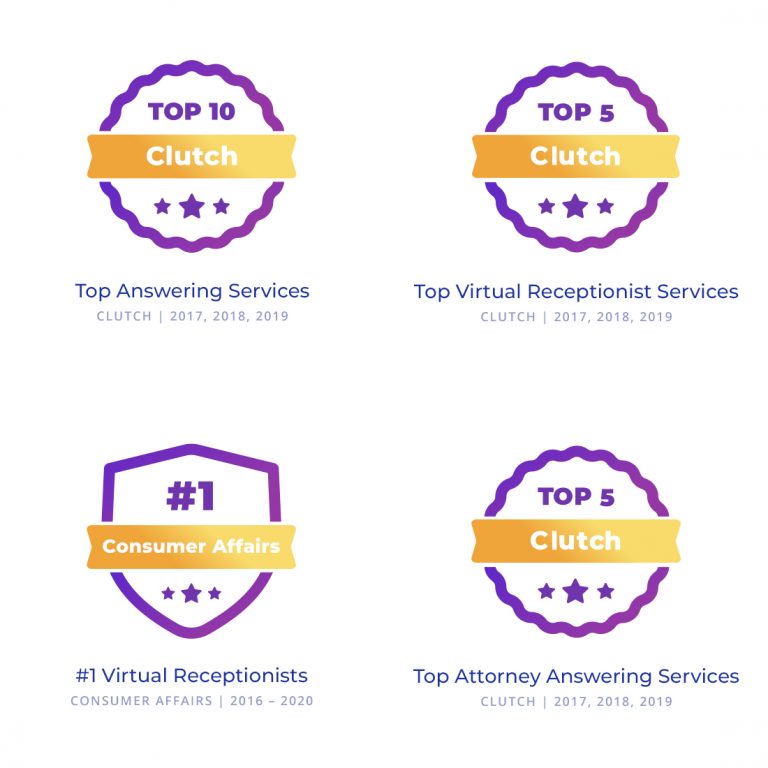Healthcare offices are operating in a complex industry. They have a lot of options for how to structure their offices and a lot of rules to comply with as well. One set of rules involves the Health Insurance Portability and Accountability Act or HIPAA, which has become a sort of standard for a lot of doctor’s offices today.
Essentially, HIPAA is meant to guard certain kinds of Protected Health Information or PHI from unauthorized release. It’s a relatively new set of laws, but one that has big ramifications in healthcare.
The HIPAA standard on PHI means a range of patient medical information is kept secret, according to particular standards that the government has put in place for healthcare offices and other associated businesses like a doctor’s office answer service.
The benefits of having HIPAA-compliant live receptionists and a HIPAA-compliant answering service involve a combination of quick response to patients and standardized and secure operations that will cover the client office’s responsibilities under HIPAA.
The Costs of Ignoring HIPAA
Medical offices and healthcare networks have found, over the years, that the costs of failing to comply with HIPAA can be quite high.
Where parties are found to be violating HIPAA, fines can range in the tens of thousands of dollars. A few people have even gotten jail time for HIPAA violations. Some of the more egregious cases involve identity fraud, but then there are also lesser cases where someone may have been unaware that they violated HIPAA.
That means it’s critically important to have HIPAA compliance in place. After the HIPAA Enforcement Final Rule was passed in 2006, and the HIPAA Omnibus Rule was created in 2013, HIPAA violation penalties increased. The government has also applied HIPAA to a wider array of businesses, including nearly any type of office that handles protected health information in any capacity. As the federal HITECH Act addressed standards for meaningful use, promoting electronic medical and health records, HIPAA enforcement also became more robust.
So what can a HIPAA-compliant answering service or healthcare answering service do for your medical business?
Firstly, having virtual HIPAA-compliant live receptionists cuts costs. Outsourcing is much more efficient, financially, than hiring your own person to staff the phones 24/7. But there’s more to it than that.
(Related Post: The Benefits of 24-Hour Patient Intake and Never Missing Another Call)
Studies have shown, time and time again, that people just don’t like automated systems and voicemail boxes.
A couple of decades ago, interactive voice response or IVR was the big new thing. Many medical offices used IVR to answer patient calls. The problem is that these automated systems are not responsive in the way that many callers need them to be, to get the answers they seek. In other words, callers want to speak to a real, live human person (for example, at a medical answering service).
(Related Post: Today’s Patients Require (and Deserve) A Dedicated Receptionist Team)
HIPAA Compliance with a Medical Answering Service
That’s why a HIPAA-compliant answering service or medical answering service makes so much sense for a doctor’s office. You may not need a credentialed doctor or nurse to answer simple questions about the medical practice (like hours and scheduling, for example), but you do need a person who is knowledgeable about the business. Live virtual receptionists have the resources to serve these callers well.
At the same time, a good healthcare answering service has the HIPAA-compliant standards in place to make sure that information from these calls is secure. Medical administrators don’t want any gaps in their HIPAA armor in terms of standardized compliance. This supports that need, while offering 24/7 patient engagement and response.
But it doesn’t cost that much to have a medical answering service accomplish this for your office over the phone.
Medical businesses have put major capital efforts into complying with HIPAA rules on-site. Some have installed fountains and specific registration kiosks with soundproofing, just to make sure that no protected health information is leaked to an unauthorized party.
See how this can be worthwhile for a medical business with Abby Connect: If you need to learn more about live receptionists, Download our Visual Guide to Virtual Reception and consider how this service will help your medical office.
Never compromise on HIPAA-Compliance again!

